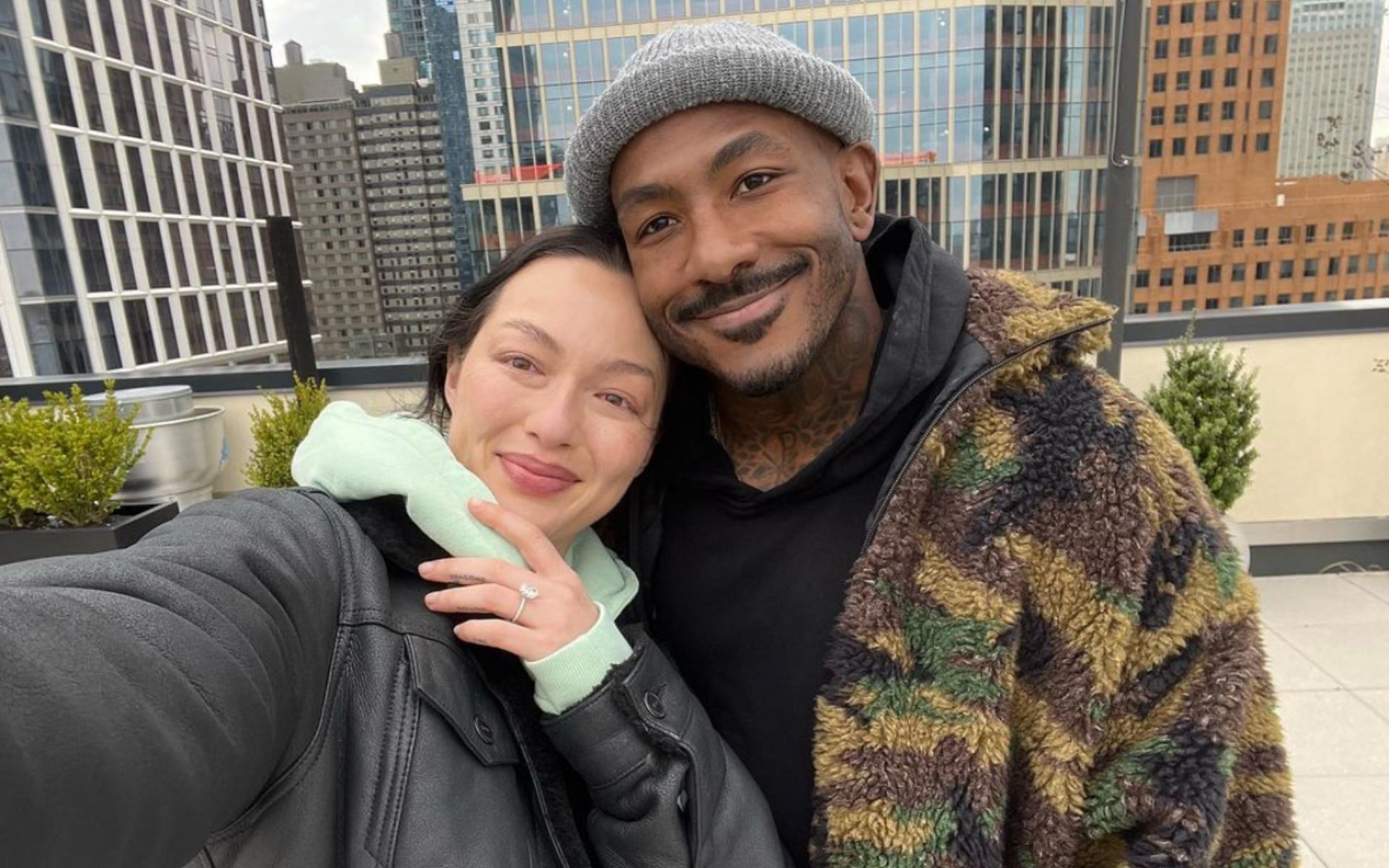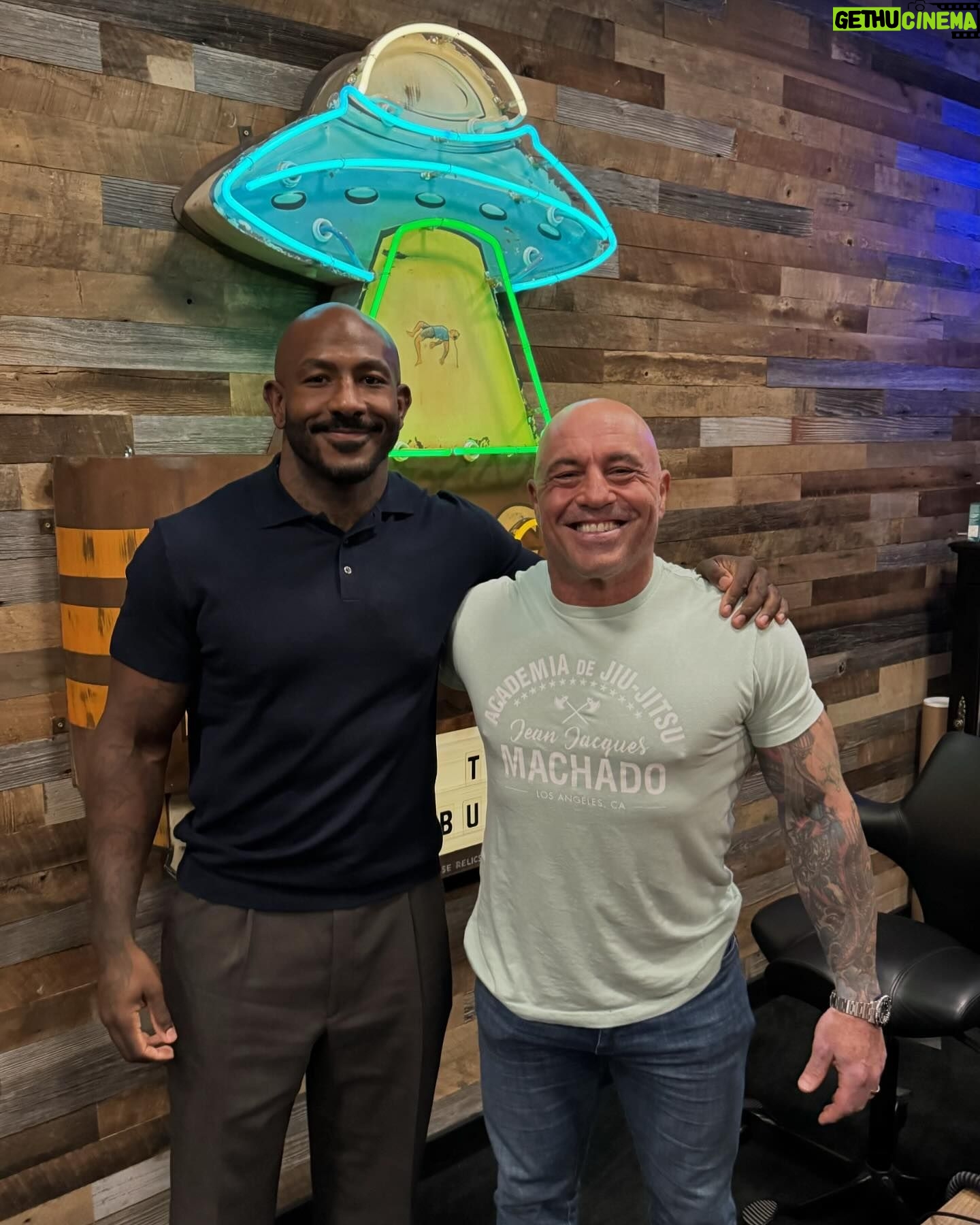A person who spoke out against a foreign government, someone held by federal immigration authorities for a considerable stretch, is now out. After 104 days, this individual, a well-known activist, walked free from a detention place. It’s a moment that, you know, really gets people thinking about what it means to stand up for something and the consequences that can come with it.
This whole situation, involving Mahmoud Khalil, a graduate student from Columbia University, saw him leave an immigration facility late last week. His release came about after a federal judge made a formal decision. It's a turn of events that, in a way, shows the power of legal challenges against government actions, especially when someone's freedom is at stake.
The judge's decision basically meant the government could not keep holding him. This particular case has, you know, drawn a lot of attention, becoming a point of discussion for many who care about individual rights and the rules that govern how people are treated in the legal system. It really highlights the push and pull between government authority and the protections people have.
- Neal Mcdonough Wife Height
- Luke Bryan Trump Supporter
- Tiana From Empire
- Magic Johnson Draft Year
- Khalil Rountree Religion
Table of Contents
- Who is Mahmoud Khalil, Really?
- What Was the Story of His Detention?
- Why Did the Government Hold Him?
- How Did He Get His Freedom Back?
- What Were the Legal Arguments Made?
- What Does His Release Show Us?
- What Comes Next for Mahmoud Khalil?
Who is Mahmoud Khalil, Really?
Mahmoud Khalil, as a matter of fact, is a graduate student at Columbia University. He was born in Syria, with parents who were Palestinian. He holds a permanent resident status in the United States, meaning he has the right to live here indefinitely. His life took a rather unexpected turn when he was taken into custody by federal agents one Saturday evening. This arrest, you know, set off a chain of events that led to a long period of being held.
His background as a student at a major university and his family's heritage adds a certain layer to his personal story. It highlights how people from various walks of life can, you know, find themselves caught up in big legal battles. His personal journey, from being a student to becoming a symbol in a legal contest, is quite something. Here are some quick details about him:
| Detail | Information |
|---|---|
| Name | Mahmoud Khalil |
| Birthplace | Syria |
| Parents' Origin | Palestinian |
| Current Status | Permanent U.S. Resident |
| Affiliation | Columbia University Graduate Student |
| Role | Activist |
What Was the Story of His Detention?
The tale of Mahmoud Khalil’s detention starts with his arrest on a Saturday evening by federal officials. He was then taken to an immigration and customs enforcement facility, which is a place where people are held while their immigration status is sorted out. His time there stretched for 104 days, a period that, you know, felt very long for him and his supporters. During this time, he was basically kept from his normal life, unable to go to classes or be with his community.
- Brown Border Collie
- Are Snooki And Jionni Still Together
- Did Otto Kilcher Pass Away
- Hello Kitty Story
- Shania Twain Kids
This period of being held wasn't just a simple waiting game; it was a significant stretch of his life spent in confinement. His situation, as I was saying, drew attention from many different groups and individuals who felt his rights were being overlooked. It became a focal point for discussions about how immigration laws are applied and the personal impact they have on individuals and their families. The length of his detention, in particular, was something that many found concerning.
Why Did the Government Hold Him?
The government's reasons for holding Mahmoud Khalil, it seems, were connected to foreign policy concerns. This means that officials believed his activities or presence somehow related to how the country interacts with other nations. His lawyers, on the other hand, made a strong argument that the administration in power at the time had, you know, overstepped its bounds. They claimed that his basic rights, like the freedom to speak his mind and the right to a fair legal process, had been violated. This clash of viewpoints really set the stage for the legal battle that followed.
The legal team representing Khalil basically put forward the idea that the administration's actions were not in line with the foundational rules of the country. They argued that his participation in protests against a particular foreign nation should be protected speech, not a reason for him to be kept in custody. This legal challenge, you know, was a direct pushback against the government's justification for his lengthy detention. It's a situation that brings up important questions about the balance between national security interests and individual liberties.
How Did He Get His Freedom Back?
Mahmoud Khalil’s freedom came about because a federal judge issued a specific instruction. This instruction, known as a preliminary injunction, basically put a stop to the administration's ability to keep him in immigration detention. It was a significant legal victory, one that, you know, allowed him to finally leave the facility where he had been held for so long. This judge’s decision was a turning point, signaling that the legal arguments made on his behalf had been heard and accepted, at least for the time being.
The judge's order was a powerful declaration that the government could not continue to hold him. It meant that the legal system, in this instance, sided with the individual's rights over the government's desire to keep him detained. His release, therefore, was not just a simple administrative procedure; it was the direct result of a court's decision. It shows, in a way, how the judicial branch can act as a check on the powers of the executive branch, ensuring that due process is followed.
What Were the Legal Arguments Made?
The legal team working for Mahmoud Khalil, you know, put forward some pretty clear arguments. They said that the administration had acted against his constitutional rights. Specifically, they pointed to issues around his right to speak freely and his right to a fair legal process. These are really important protections for anyone in the country, and his lawyers basically argued that these protections had been ignored. They were trying to show that the government's actions were out of line with what the country's foundational documents allow.
They argued that his activities, which included taking part in protests, were a form of expression that should be safeguarded. They also claimed that the process by which he was held and faced potential removal was not fair or just. This meant, in essence, that the government had not followed the proper steps or respected his entitlements. So, too it's almost like they were saying, "You can't just do this; there are rules that need to be followed." This legal stance was crucial in getting the judge to step in and order his release.
What Does His Release Show Us?
Mahmoud Khalil’s release, in some respects, marks a significant moment. It represents a setback for the administration's efforts to keep him in immigration detention, particularly given his involvement in pro-Palestinian activities. It shows that even when the government wants to keep someone held for what it calls foreign policy reasons, there are legal limits to that power. This outcome, you know, suggests that the courts can act as a barrier against what might be seen as overreach by the executive branch.
His case also became a symbol. For many, it represented the broader struggle for free speech and due process, especially for activists. His freedom, therefore, was not just about one person; it was seen by many as a victory for the principles he stood for. It highlights how individual legal battles can, in a way, take on a larger meaning, influencing public discussion about rights and justice. It truly underscores the importance of a strong legal defense when someone's liberty is at risk.
What Comes Next for Mahmoud Khalil?
After leaving the detention facility, Mahmoud Khalil actually spoke to people who report the news. This suggests that he is ready to share his story and perhaps continue his advocacy. His release means he can go back to his life, including his studies at Columbia University. However, the experience of being held for over three months, you know, will likely have a lasting impact on him. It’s not something someone just forgets.
What comes next for him, in a way, involves picking up where he left off, but with the added weight of this significant personal experience. He might continue to be a voice for the causes he believes in, perhaps even more so now that his case has gained public attention. His story, you know, could inspire others or become a case study in legal and civil rights discussions. His path forward will surely be watched by those who followed his long detention and eventual freedom.
This article has explored the human story of Mahmoud Khalil, detailing his detention by federal immigration authorities, the legal challenges mounted by his lawyers concerning his constitutional rights, and the federal judge's ruling that ultimately led to his freedom after 104 days. It has touched on his background as a Columbia University graduate student and Palestinian activist, and how his case became a symbol in the broader discussion about free speech and due process.
Related Resources:



Detail Author:
- Name : Mr. Gardner Koch Jr.
- Username : von.sarai
- Email : lia37@kutch.org
- Birthdate : 2002-05-24
- Address : 5496 Lupe Center Masonview, NJ 20670
- Phone : 334.220.5367
- Company : Kemmer-Monahan
- Job : Continuous Mining Machine Operator
- Bio : Qui quis nihil ut sint impedit. Repudiandae beatae fugiat inventore hic nisi omnis ea sunt. Enim nostrum maiores commodi. Ad deleniti impedit magnam aut asperiores fuga sit.
Socials
linkedin:
- url : https://linkedin.com/in/pfefferk
- username : pfefferk
- bio : Voluptas rerum quia vero sunt.
- followers : 4713
- following : 1032
instagram:
- url : https://instagram.com/kpfeffer
- username : kpfeffer
- bio : Mollitia doloremque consequatur velit et ut. Eos dolorem possimus quia natus.
- followers : 6020
- following : 1771
twitter:
- url : https://twitter.com/pfefferk
- username : pfefferk
- bio : Molestias possimus aspernatur voluptatum eius non dignissimos. Nesciunt et quae doloribus eum dolor soluta. Molestiae aut non debitis dolor est quaerat cumque.
- followers : 460
- following : 2754
tiktok:
- url : https://tiktok.com/@pfefferk
- username : pfefferk
- bio : Enim sit ipsum dolores fugiat sed.
- followers : 3758
- following : 2412
facebook:
- url : https://facebook.com/karolann.pfeffer
- username : karolann.pfeffer
- bio : Perferendis rerum quo eum adipisci consequuntur accusantium.
- followers : 6016
- following : 492